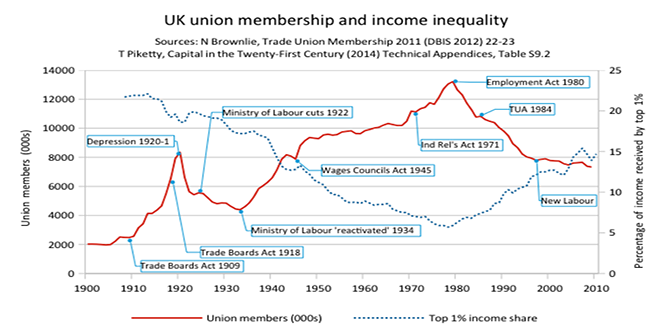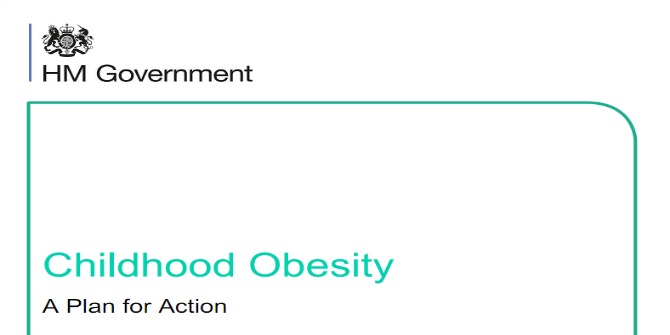
 At their annual conference, the Conservatives announced that if elected next year they plan to issue those on benefits with pre-paid cards for food so they don’t ‘waste it’ on items such as cigarettes or alcohol. This is the latest in a long line of measures which suggest that current welfare reform is based upon the notion that people in poverty are to blame for their circumstances, write Dan Silver and Kim Allen.
At their annual conference, the Conservatives announced that if elected next year they plan to issue those on benefits with pre-paid cards for food so they don’t ‘waste it’ on items such as cigarettes or alcohol. This is the latest in a long line of measures which suggest that current welfare reform is based upon the notion that people in poverty are to blame for their circumstances, write Dan Silver and Kim Allen.
The UK is in the grip of what seems like permanent austerity. Political parties strive to be seen as the most qualified to make the “tough long-term economic decisions.” Only this week we have heard George Osborne, Iain Duncan Smith and David Cameron announce plans at the Conservative Party conference for even tougher and more punitive welfare sanctions in an attempt to cut the deficit. But these so-called ‘tough’ decisions most often seem to be about punishing people in poverty, and never about clamping down on tax evasion of the wealthy.
Welfare reform is creating increased hardship within local communities; in Greater Manchester alone, 4,500 people have been sanctioned and have had their benefits frozen or completely stopped. Foodbank use is soaring – with an estimated 500,000 people in the UK being forced to use them last year. This week the Conservative Party announced that, if elected next year, they plan to issue those on benefits with pre-paid cards for food so they don’t ‘waste it’ on items such as cigarettes or alcohol. This is the latest in a long line of measures which suggest that current welfare reform is based upon the notion that people in poverty are to blame for their circumstances. They are seen as part of a feckless and irresponsible underclass – who are who are unwilling to ‘help themselves’ out of poverty, happy to live a life on benefits.
Tom Slater argues that public consent for these reforms is gathered in part through a ‘production of ignorance’ which focuses attention on the behaviour of people in poverty, while neglecting to mention structural inequalities, such as the existence of a precarious jobs market that leaves people cycling in and out of low-paid work.
On the 6th of November we will be holding an event in Manchester as part of the ESRC Festival of Social Science which will examine some of these ideas by bringing together local communities, social science researchers, activists, journalists and policymakers to consider what role the recent swathe of television programmes such as Channel 4’s Benefits Street – often referred to as ‘poverty porn’ – have in shaping policy and public attitudes to welfare.
The programme has been cited by politicians as revealing the ‘the hidden reality’ of the lives of people ‘trapped’ on state-benefits, and presented as further ‘evidence’ of the need for welfare reform. For example – earlier this year Conservative MP Philip Davies stated:
“[E]very time people look at White Dee … it will serve as a reminder to people of the mess the benefits system is in and how badly Iain Duncan Smith’s reforms are needed. White Dee is bone idle and doesn’t want to work another day in her life and has no intention of finding a job. She expects the taxpayer to fund her life on benefits”
The realities of these depictions of life in poverty are questionable. Take People Like Us a 2013 BBC production which was advertised as depicting “real life” on a housing estate in Harpurhey, North Manchester. Far from real life, a woman who took part in the Open Society Foundation’s research in a nearby neighbourhood said: “It’s nothing like us round here. I don’t know anyone like that to be honest with you. So in that way the media is a bad thing because it’s made to look as if nobody wants to work and they get drunk all day.” Local resident Richard Searle, due to speak on November 6th, has described it as “Jeremy Kyle-style, laugh- at-the-chavs type of television.”
With such a contrast between the thoughts of communities portrayed, and politicians seeking to justify policies through these programmes, clearly this is an issue for debate.
Contribute to the debate in person or following the discussion live on Twitter using the hashtag #mediapovertywelfare and take a look at the website for more information.
Note: This article gives the views of the author, and not the position of the British Politics and Policy blog, nor of the London School of Economics. Please read our comments policy before posting. Featured image credit: Stephen Boisvert CC BY 2.0
 Dan Silver is co-Director of the Social Action & Research Foundation, and can be found on twitter here.
Dan Silver is co-Director of the Social Action & Research Foundation, and can be found on twitter here.
.
 Kim Allen is Research Fellow in the Education and Social Research Institute at the Manchester Metropolitan University.
Kim Allen is Research Fellow in the Education and Social Research Institute at the Manchester Metropolitan University.








1 Comments